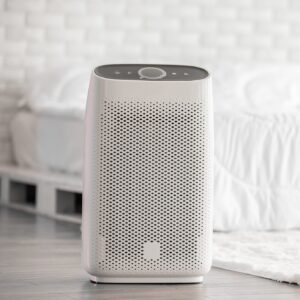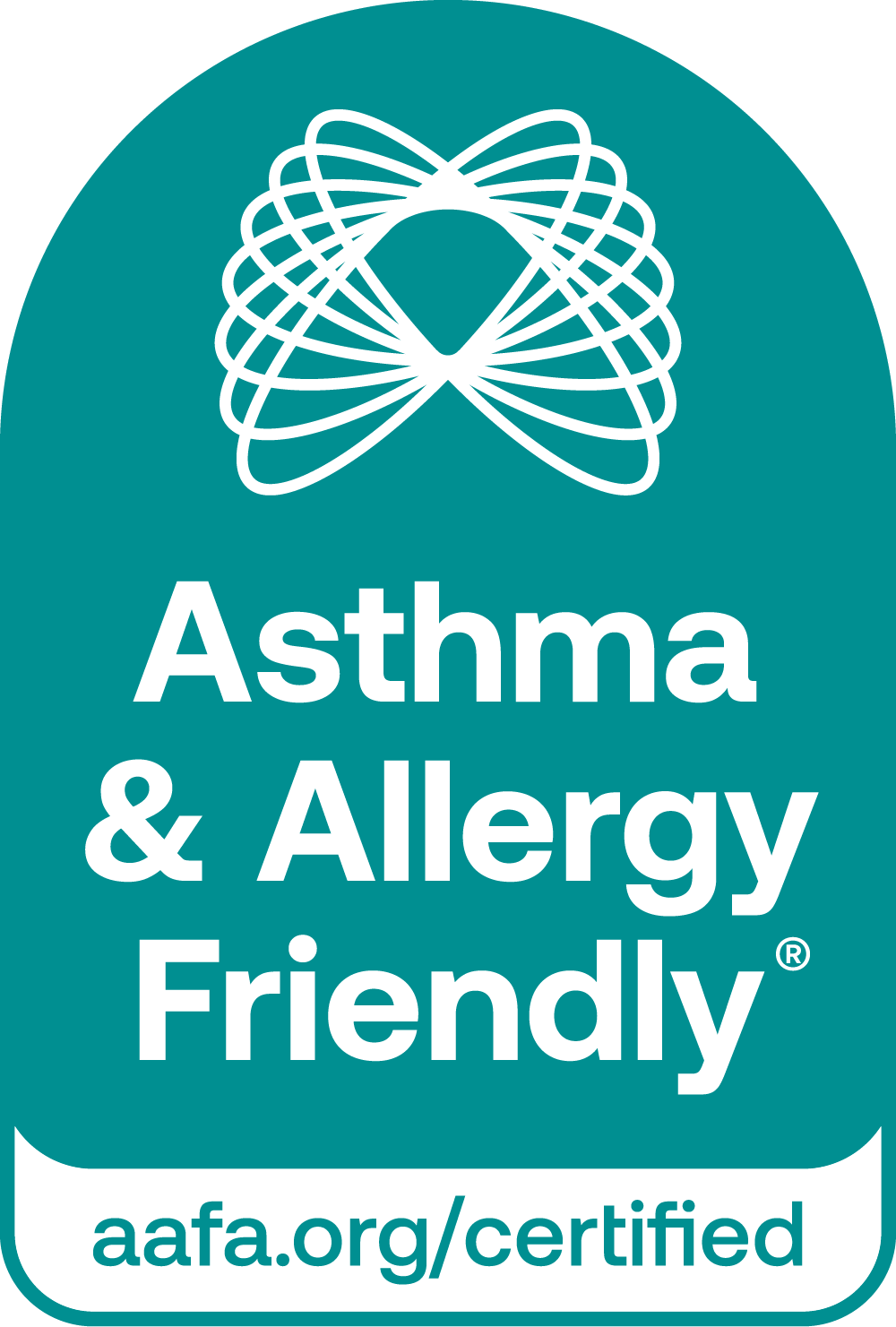The coronavirus pandemic has changed many things about how we live our daily lives. For starters, we’re wearing face masks, shopping for groceries online, and, for many of us, working from home. We’ve also become more hygiene-conscious and very aware of the different methods of germ transmission, including via respiratory droplets. While the CDC is currently examining how long these droplets can survive in the air, it’s clear that airborne transmission (especially in enclosed, crowded spaces with little ventilation) plays a big role with COVID-19. To reduce the potential spread, you might be wondering if you should invest in one of the best air purifiers on the market—and you’re not alone. Air purifier sales have risen over the past year and are showing no signs of slowing down; in fact, they are projected to grow by more than $8 billion over the next three years.
While air purifiers may able to capture bacterial and viral particles that are 0.3 microns or larger, that’s not the only reason to buy one. You might simply want to deal with the dusty, dank air in your home. “The air inside your home can actually be more polluted than outdoor air,” says Melanie Carver, chief mission officer for the Asthma and Allergy Foundation of America (AAFA). “We spend more than 90 percent of our time indoors, and that percentage is likely even higher given the additional amount of time most of us are spending inside due to the COVID-19 pandemic.”

Air purifiers can help reduce indoor air pollution by removing tiny particles, such as dust mites, pet dander, volatile organic compounds (VOCs), odors, pollen, and air pollution from outside. All of this can particularly help people who suffer from allergies. But before you buy, there are a few things you need to know.
Read the full article on Reader’s Digest.
